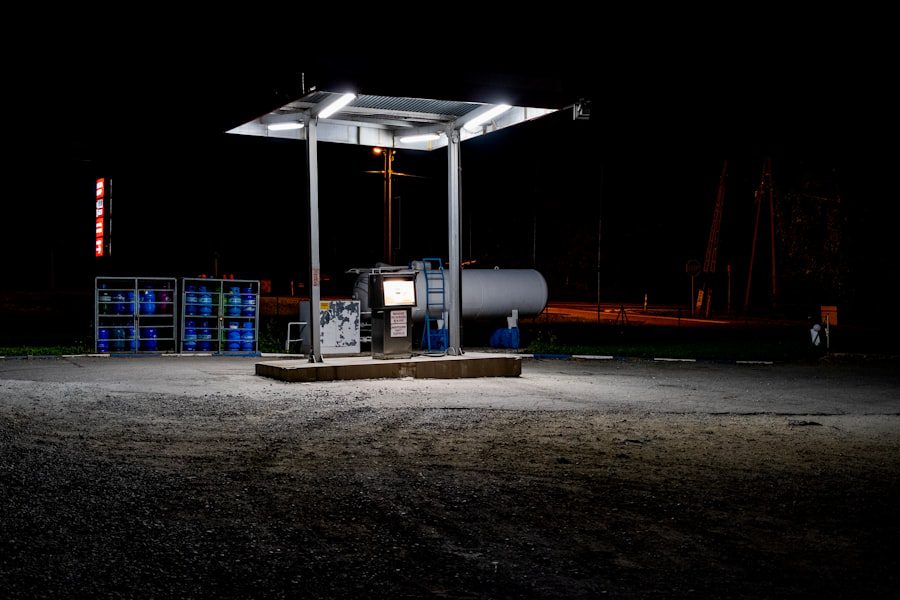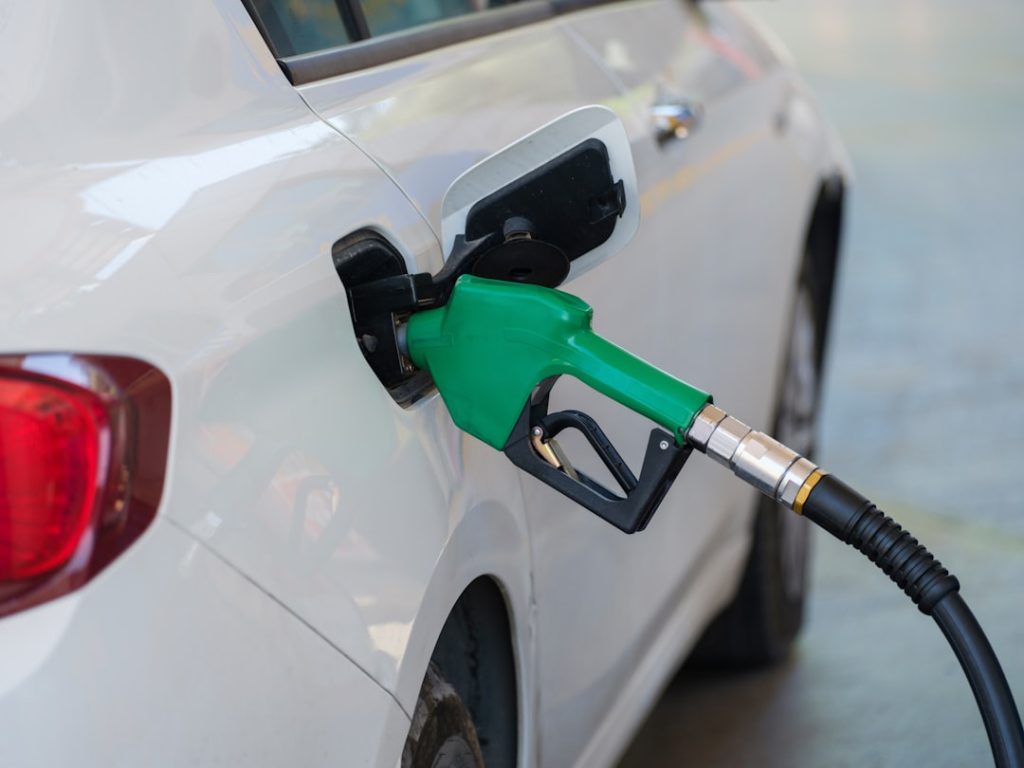Kabul, the capital city of Afghanistan, faces numerous challenges when it comes to fuel efficiency. The city’s rapid urbanization has led to an increase in the number of vehicles on the road, resulting in traffic congestion and air pollution. The lack of proper infrastructure and public transportation systems further exacerbates the problem, as many residents rely on personal vehicles for their daily commute. Additionally, the high cost of fuel and the reliance on imported oil contribute to the city’s fuel efficiency challenges.
Furthermore, the hilly terrain and rough road conditions in Kabul can lead to increased fuel consumption, as vehicles struggle to navigate the city’s streets. The combination of these factors makes it imperative for Kabul to address its fuel efficiency challenges in order to reduce air pollution, decrease reliance on imported oil, and improve the overall quality of life for its residents. By understanding the unique challenges that Kabul faces in terms of fuel efficiency, the city can begin to implement sustainable transportation solutions to address these issues.
Key Takeaways
- Kabul faces challenges in fuel efficiency due to traffic congestion and poor road conditions
- Sustainable transportation solutions include promoting public transportation and cycling
- Adopting fuel-efficient driving habits such as maintaining steady speeds and reducing idling time
- Utilizing high-efficiency vehicles like electric cars and hybrid vehicles
- Investing in alternative fuel options such as biodiesel and natural gas
- Promoting public awareness and education on the benefits of fuel efficiency
- Collaborating with government and private sector for sustainable transportation solutions
Implementing Sustainable Transportation Solutions
In order to address the fuel efficiency challenges in Kabul, it is crucial to implement sustainable transportation solutions. One approach is to invest in the development of a reliable and efficient public transportation system. By providing residents with accessible and affordable public transportation options, the city can reduce the number of private vehicles on the road, thereby decreasing traffic congestion and air pollution. Additionally, the implementation of dedicated bus lanes and the expansion of bike lanes can further encourage residents to opt for alternative modes of transportation.
Another sustainable transportation solution is to prioritize the development of pedestrian-friendly infrastructure. By creating walkable neighborhoods and improving sidewalks and crosswalks, Kabul can promote walking as a viable mode of transportation, reducing the need for short car trips. Furthermore, the city can explore the possibility of implementing carpooling and ride-sharing programs to further reduce the number of vehicles on the road. By taking these steps, Kabul can work towards creating a more sustainable and fuel-efficient transportation system that benefits both the environment and its residents.
Adopting Fuel-Efficient Driving Habits
In addition to implementing sustainable transportation solutions, it is essential for residents of Kabul to adopt fuel-efficient driving habits. Simple practices such as maintaining a steady speed, avoiding aggressive driving behaviors, and reducing idling time can significantly improve fuel efficiency. Furthermore, regular vehicle maintenance, including proper tire inflation and engine tune-ups, can also contribute to reducing fuel consumption.
Another important aspect of fuel-efficient driving habits is the promotion of eco-driving techniques. This includes techniques such as anticipating traffic flow, coasting to a stop, and using cruise control on highways to optimize fuel efficiency. By educating drivers about these techniques and promoting their adoption, Kabul can work towards reducing overall fuel consumption and decreasing air pollution in the city.
Utilizing High-Efficiency Vehicles
| Vehicle Type | Efficiency Rating | Cost |
|---|---|---|
| Electric Car | Very High | Medium |
| Hybrid Car | High | Medium |
| Fuel-Efficient Gas Car | Moderate | Low |
One effective way to improve fuel efficiency in Kabul is to encourage the use of high-efficiency vehicles. This includes promoting the adoption of hybrid and electric vehicles, which offer significant fuel savings and produce fewer emissions compared to traditional gasoline-powered vehicles. Incentivizing the purchase of high-efficiency vehicles through tax breaks or subsidies can help accelerate their adoption in Kabul.
Additionally, promoting the use of smaller, more fuel-efficient vehicles can also contribute to reducing overall fuel consumption in the city. Encouraging residents to opt for compact cars or motorcycles for their daily commute can help alleviate traffic congestion and decrease fuel usage. By prioritizing the use of high-efficiency vehicles, Kabul can work towards creating a more sustainable and environmentally friendly transportation system.
Investing in Alternative Fuel Options
Another important aspect of improving fuel efficiency in Kabul is to invest in alternative fuel options. This includes exploring the use of biofuels, such as ethanol and biodiesel, which can be produced locally and offer a more sustainable alternative to traditional gasoline. Additionally, investing in infrastructure for compressed natural gas (CNG) vehicles can provide residents with a cleaner and more affordable fuel option.
Furthermore, Kabul can explore the potential for hydrogen fuel cell technology as a long-term alternative fuel option. By investing in research and development for hydrogen fuel cell vehicles and infrastructure, the city can work towards reducing its reliance on imported oil and decreasing its carbon footprint. By investing in alternative fuel options, Kabul can diversify its energy sources and work towards a more sustainable and fuel-efficient transportation system.
Promoting Public Awareness and Education

In order to effectively address fuel efficiency challenges in Kabul, it is crucial to promote public awareness and education on sustainable transportation practices. This includes raising awareness about the environmental impact of excessive fuel consumption and air pollution, as well as educating residents about the benefits of adopting fuel-efficient driving habits and using high-efficiency vehicles.
Furthermore, public awareness campaigns can highlight the importance of reducing reliance on imported oil and promoting alternative fuel options as a means to improve energy security and reduce carbon emissions. By engaging with residents through educational initiatives and outreach programs, Kabul can foster a culture of sustainability and encourage individuals to make informed choices that contribute to a more fuel-efficient city.
Collaborating with Government and Private Sector for Sustainable Solutions
Finally, addressing fuel efficiency challenges in Kabul requires collaboration between the government and private sector to implement sustainable solutions. The government can play a key role in developing policies and regulations that incentivize fuel efficiency, such as implementing fuel economy standards for vehicles and providing financial incentives for the adoption of high-efficiency vehicles.
Additionally, partnering with the private sector can help facilitate the development of infrastructure for alternative fuel options, such as biofuel production facilities or CNG refueling stations. By working together, the government and private sector can leverage their respective resources and expertise to drive meaningful change and create a more sustainable transportation system in Kabul.
In conclusion, addressing fuel efficiency challenges in Kabul requires a multi-faceted approach that encompasses sustainable transportation solutions, adoption of fuel-efficient driving habits, utilization of high-efficiency vehicles, investment in alternative fuel options, promotion of public awareness and education, and collaboration between government and private sector stakeholders. By taking these steps, Kabul can work towards creating a more sustainable and environmentally friendly transportation system that benefits both its residents and the city as a whole.
If you’re interested in learning more about sustainable energy solutions in Afghanistan, you should check out this article on Almassiyah. It discusses the importance of empowering Afghanistan with sustainable energy solutions, which could tie in with the high-efficiency fuel Kabul is working on.
FAQs
What is high-efficiency fuel?
High-efficiency fuel refers to a type of fuel that is designed to maximize energy output while minimizing waste and emissions. This type of fuel is often used in vehicles and machinery to improve performance and reduce environmental impact.
What are the benefits of using high-efficiency fuel?
Using high-efficiency fuel can lead to improved fuel economy, reduced emissions, and lower overall operating costs. It can also help to extend the lifespan of engines and reduce the need for maintenance.
How is high-efficiency fuel different from regular fuel?
High-efficiency fuel is formulated to have a higher energy content and to burn more completely than regular fuel. This results in improved performance and reduced waste.
Is high-efficiency fuel available in Kabul?
Yes, high-efficiency fuel is available in Kabul and is used in various vehicles and machinery throughout the city.
What are some common types of high-efficiency fuel?
Common types of high-efficiency fuel include biodiesel, ethanol, and high-octane gasoline. These fuels are designed to provide improved performance and reduced environmental impact compared to traditional fuels.



